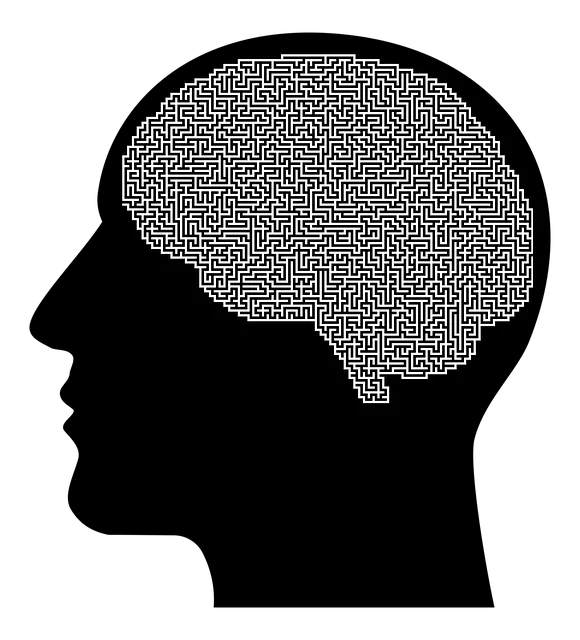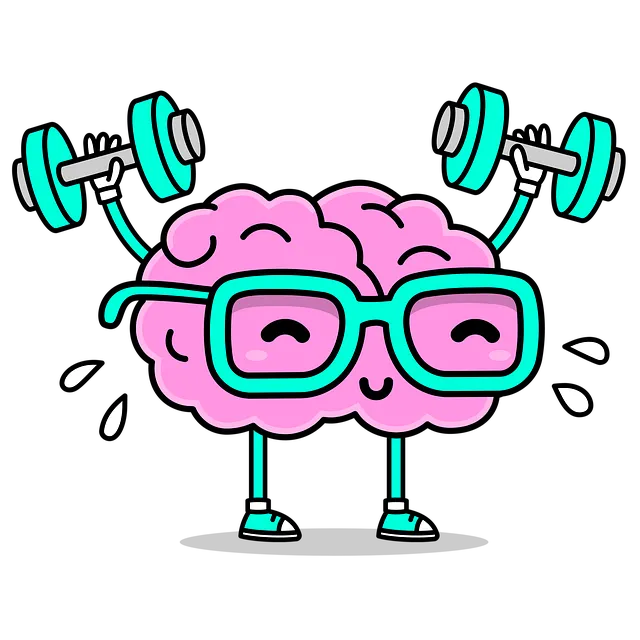The demand for mental wellness apps has skyrocketed due to increased acceptance of digital tools for mental health support, particularly in regions like Littleton where traditional therapy access may be limited. Users seek personalized, discreet, and continuously supportive apps that fill gaps left by conventional healthcare services. Effective apps must offer features such as mood tracking, mindfulness exercises, virtual therapy sessions, burnout prevention tools, community outreach, and social skills training. Selecting a robust technology stack with strong security and accessibility is critical for success; compliance with regulations like HIPAA or GDPR is also essential to protect user data. Strategic marketing partnerships and leveraging SEO to address questions like "Littleton does Kaiser have good therapists?" can boost app credibility and engagement.
In today’s digital age, mental wellness apps are becoming essential tools for managing mental health. With increasing demand and a vast market potential, developers have a unique opportunity to create impactful solutions. This article explores the key aspects of developing effective mental wellness apps, from understanding user needs and defining core features, to choosing suitable technology stacks and ensuring privacy, security, and compliance. We also delve into marketing strategies to help you stand out in a competitive space, answering questions like “Does Littleton have good therapists?” and “Is Kaiser a reliable choice for mental health services?”.
- Understanding Mental Health App Demand and Market Potential
- Defining Key Features for Effective Mental Wellness Apps
- Choosing the Right Technology Stack for Development
- Privacy, Security, and Compliance Considerations for Mental Health Apps
- Marketing Strategies to Reach Users and Stand Out in a Competitive Space
Understanding Mental Health App Demand and Market Potential

The demand for mental wellness apps has skyrocketed in recent years, reflecting a growing awareness and acceptance of digital tools as legitimate means for supporting mental health. This trend is evident in the increasing number of users seeking alternatives to traditional therapy, especially in regions like Littleton where access to specialized therapists through Kaiser or other healthcare providers might be limited. The market potential is significant, with numerous apps catering to various aspects of mental wellness, from depression prevention and stress management to fostering community outreach program implementations.
Understanding user needs is crucial for developers aiming to create effective apps. Many individuals prefer the convenience and discretion of mobile solutions over in-person therapy. Apps can offer personalized experiences, continuous support, and readily accessible resources for managing mental health conditions. By addressing these demands, developers not only cater to a growing market but also contribute to improving overall mental wellness outcomes, potentially filling gaps left by traditional healthcare services, including those available through Kaiser in areas like Littleton.
Defining Key Features for Effective Mental Wellness Apps

Defining key features for effective mental wellness apps is essential, especially when considering the diverse needs of users seeking support. In today’s digital age, apps like Littleton’s does Kaiser have good therapists offerings cater to a wide range of issues, from stress management and anxiety relief to more complex conditions requiring professional guidance. A successful app should offer personalized experiences, incorporating features such as mood tracking, mindfulness exercises, and virtual therapy sessions tailored to individual users.
Additionally, promoting burnout prevention through regular check-ins and reminders for self-care practices can significantly enhance an app’s impact. Community outreach program implementation, allowing users to connect with peers and share experiences, creates a supportive network. Social skills training modules can also be integrated, helping individuals develop coping strategies in social settings. These features collectively contribute to creating a holistic mental wellness solution accessible to all.
Choosing the Right Technology Stack for Development

When developing a mental wellness app, choosing the right technology stack is paramount to ensuring its effectiveness and user appeal. Developers should consider platforms that offer robust security features to protect sensitive personal data, given the high stakes involved in handling mental health information. Android and iOS remain popular choices due to their extensive user bases, but web applications are gaining traction for their accessibility and ability to reach a diverse audience.
The technology stack must also support real-time communication tools crucial for crisis intervention guidance and immediate support. Incorporating features that facilitate secure messaging, video conferencing, and alert systems can be life-saving. Additionally, leveraging data analytics tools can aid in tracking user progress and personalizing mental health education programs design, thereby enhancing overall efficacy. Moreover, selecting scalable technology ensures the app can handle increased user demand without compromising performance, which is essential given the ongoing Mental Illness Stigma Reduction Efforts.
Privacy, Security, and Compliance Considerations for Mental Health Apps

When developing a mental wellness app, privacy, security, and compliance are paramount. Users share highly sensitive information about their emotional states, thoughts, and personal struggles, making data protection crucial. It’s essential to ensure that all user interactions are encrypted and stored securely, adhering to regulations like HIPAA (Health Insurance Portability and Accountability Act) in the US or GDPR (General Data Protection Regulation) globally. This includes implementing robust authentication methods, secure data transmission protocols, and end-to-end encryption for both data at rest and in transit.
Compliance with mental health guidelines and best practices is equally important. For instance, apps should offer evidence-based techniques like Depression Prevention strategies or Mental Wellness Journaling Exercise Guidance, backed by expert oversight. Organizations like the American Psychiatric Association (APA) provide guidelines for app development, ensuring that features such as mental wellness coaching programs are developed under ethical standards. Moreover, transparency about data usage and storage practices is vital to building user trust, especially when considering whether Littleton does Kaiser have good therapists or other specialized services within the app ecosystem.
Marketing Strategies to Reach Users and Stand Out in a Competitive Space

In the competitive landscape of mental wellness apps, effectively reaching users and standing out requires a strategic marketing approach. One key strategy is to leverage partnerships with established institutions like Kaiser, ensuring your app gains credibility and visibility among those searching for therapy services. By collaborating with known healthcare providers, you can tap into their user base and showcase the effectiveness of your platform, potentially attracting both patients and therapists.
Additionally, focusing on unique selling propositions like Mind Over Matter principles or crafting engaging Mental Wellness Podcast Series Production can differentiate your app. Promoting emotional well-being through innovative content and techniques is an excellent way to capture users’ attention. Utilize SEO strategies to answer queries like “Littleton does Kaiser have good therapists?” by optimizing content for relevant search terms, ensuring your app is not just discovered but also perceived as a valuable resource for enhancing mental wellness, thus driving user engagement and retention.
The development of mental wellness apps presents a promising opportunity to address growing demand, as evidenced by the success of platforms like Littleton and Kaiser’s digital therapy services. By incorporating key features such as personalized content, integration with healthcare systems, and robust security measures, developers can create effective tools for managing mental health. Choosing the right technology stack and adhering to privacy regulations are essential steps in this process. Additionally, strategic marketing that highlights unique app functionalities can help differentiate offerings in a competitive market, ensuring accessibility to those seeking support, including users who prefer digital solutions over traditional therapy.






